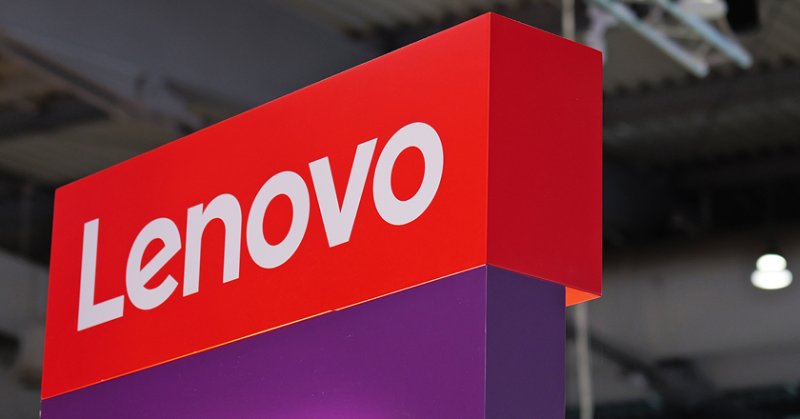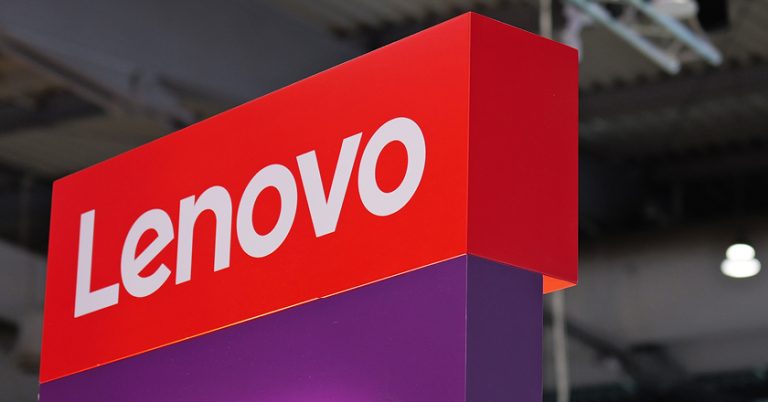A Lenovo study revealed that 96% of retail AI deployments meet or exceed expectations. Financial and healthcare have invested heavily, but their results show mixed returns, highlighting significant differences in the way AI is applied across the sector.

CIO Playbook 2025, Lenovo's research on EMEA IT Leaders, collaborating with IDC, uncovers a variety of attitudes, investment strategies and outcomes across the healthcare, retail, and banking, financial services and insurance (BFSI) industries.
EMEA BFSI and retail sectors need caution
Of all the sectors analyzed, the BFSI stands out for its attention. Because it potentially reflects the highly regulated nature of the industry, only 7% of organizations employing AI, and only 38% of AI budgets allocated to Generated AI (Genai) in 2025 are the lowest in all sectors surveyed.
The industry is taking a measured approach to innovation, but the strategy appears to be paying dividends. BFSI companies reported that the highest rates for AI projects exceeded expectations (33%) (33%).
A similar pattern can be seen in retail. In retail, 61% of organizations are still in the pilot phase. Despite sub-average spending growth (97%), the sector reported that it exceeded previous expectations, 96% of previous AI deployments, the highest total satisfaction score among all industries surveyed.
Healthcare: Fast investment, uneven outcomes
In contrast, the healthcare sector is quickly catching up, planning to increase 169% in AI spending over 2025. This is the biggest increase in any industry. However, spending does not translate directly into success. Currently, healthcare has the lowest adoption rate of AI, with the highest percentage of organizations reporting that AI has not met expectations.
This disconnect suggests that while the industry is making significant investments, there may be a lack of the internal expertise or strategy needed to effectively implement AI, and that stronger external support and guidance may be required to ensure success.
One technology, many journeys
“These findings confirm that there is no one-size-fits-all approach to AI,” said Simone Larson, Lenovo's Head of Enterprise AI. “Whether companies are looking to make a bold leap in AI or adopt a more measured, step-by-step approach, every industry faces unique challenges and opportunities. Regardless of these factors, following the identification of business challenges and opportunities areas, robust planning development provides the foundation for successful AI deployment.”
CIO Playbook 2025 is designed to help IT leaders benchmark progress and learn from their industry and local peers. This report provides actionable insights into AI strategies, infrastructure and transformation priorities for 2025 and beyond. EMEA's complete CIO Playbook 2025 report can be downloaded here.
In 2025 European and Middle Eastern CIO Playbook, AI-Nomics features an IDC study commissioned by Lenovo, which surveyed 620 IT decision makers in Denmark, Eastern Europe, France, Germany, Italy, Italy, the Middle East, Netherlands, Spain, and the UK. Fieldwork was conducted in November 2024.
Check out the complete EMEA Lenovo Ainomics report here.

